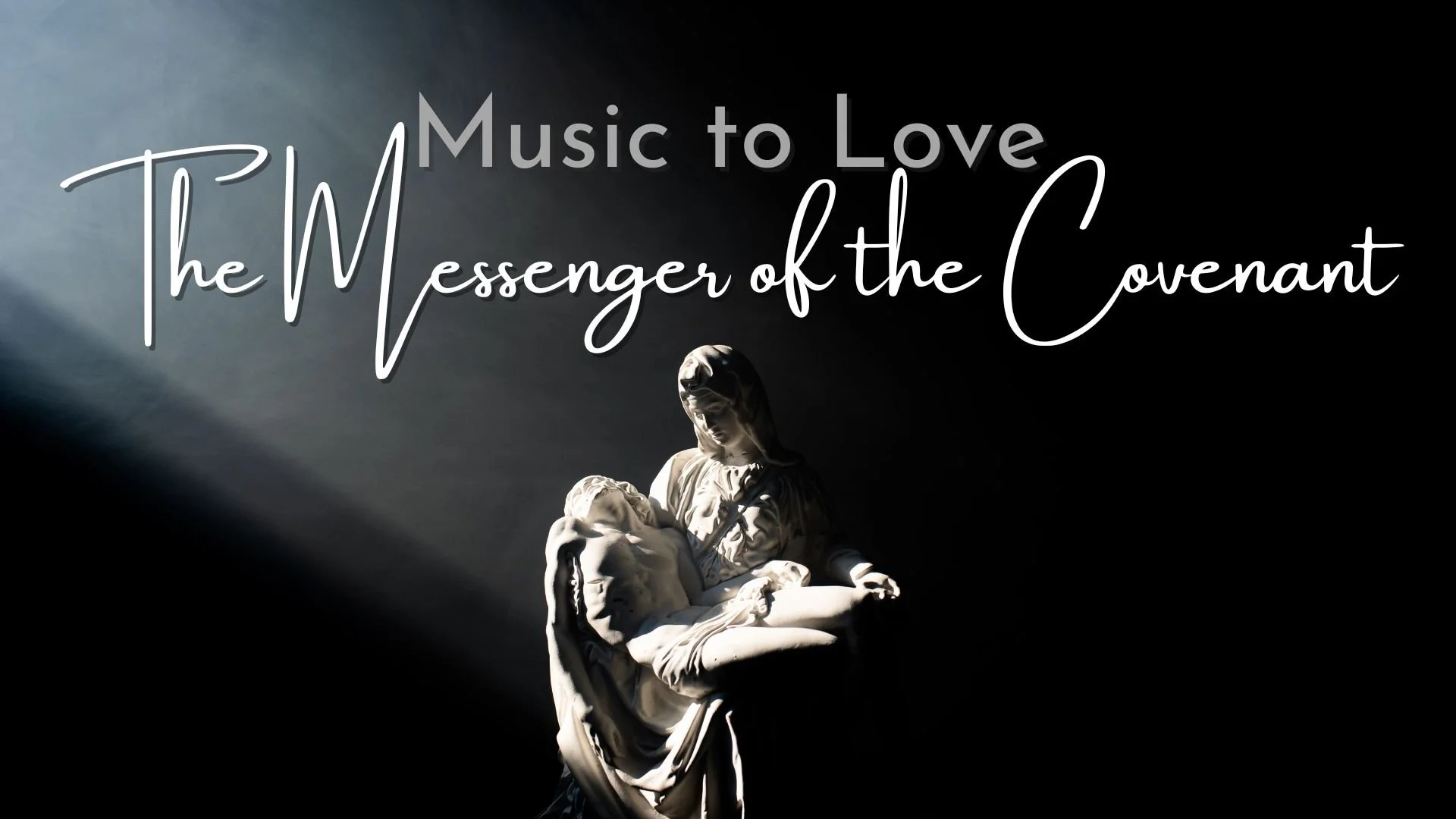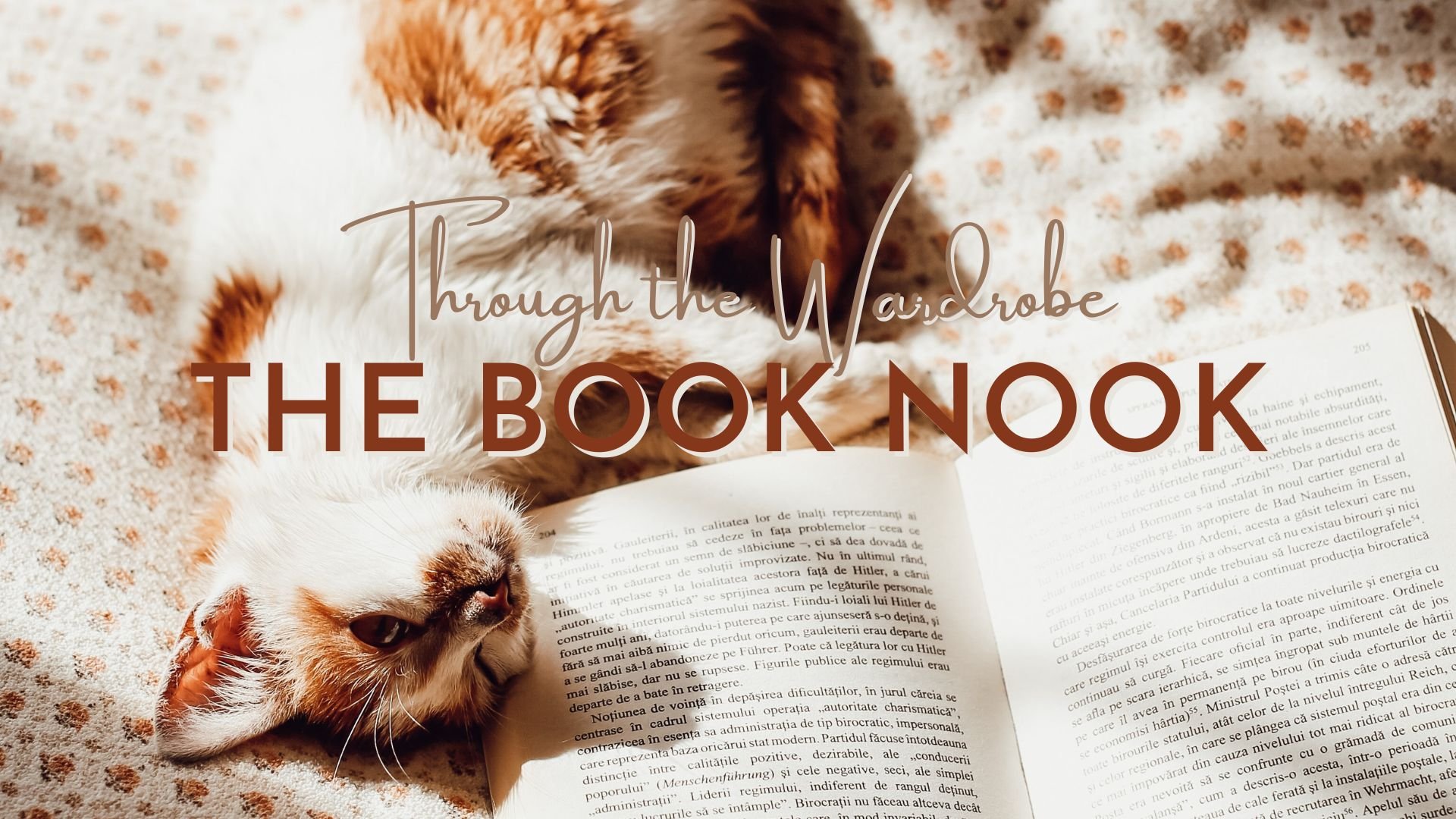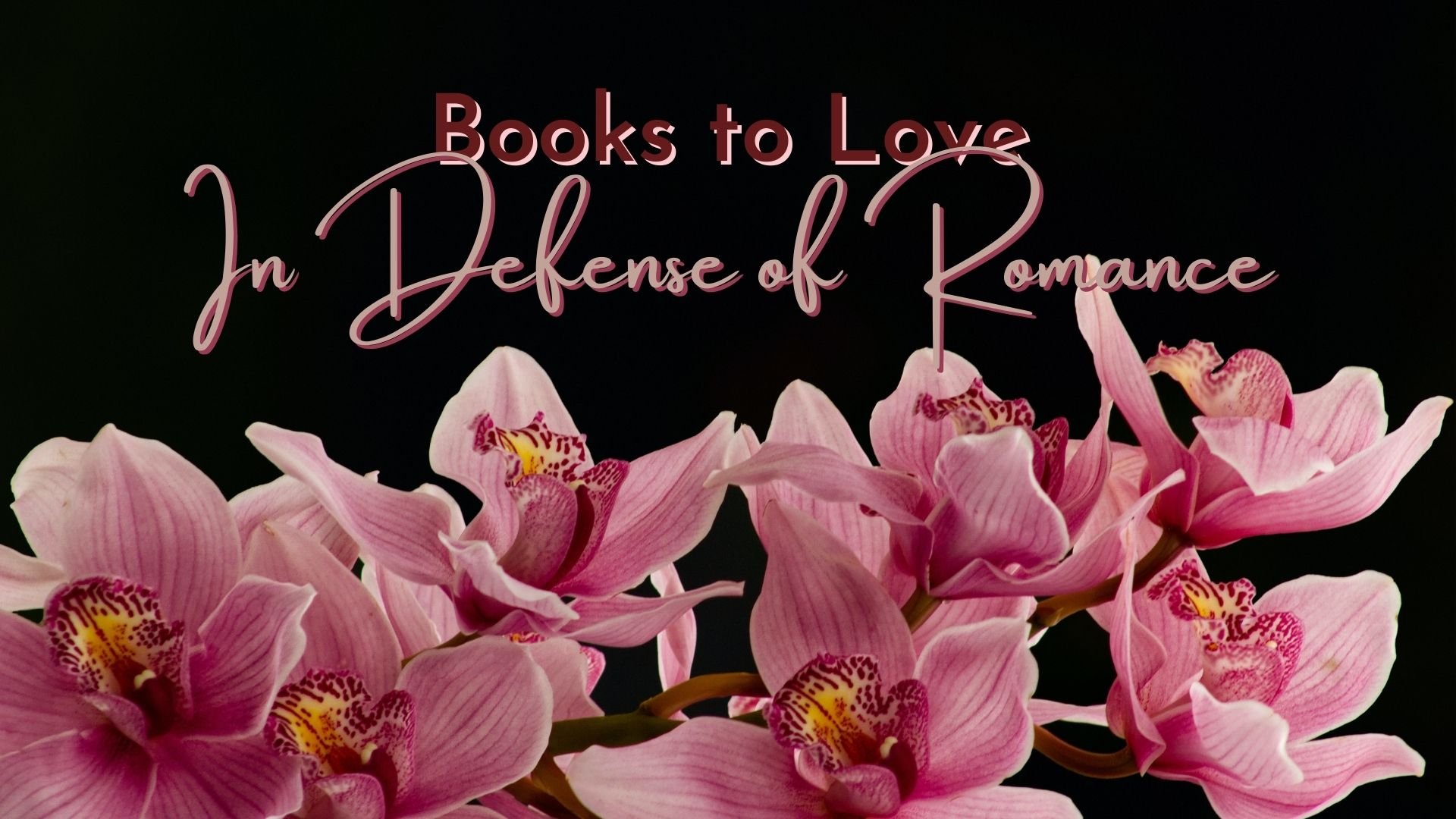The Melody Lingers
As a tot, when I’d trot in my little velvet panties, it was while listening to the incomparable Michael Feinstein’s singing. And, I’m happy to say, it was not an inferno worse than Dante’s.* Quite the opposite. Often, my father would be dancing with me, which, of course, meant those moments are made of pure 24 karat gold. Especially now that he’s gone- my dad, not Michael Feinstein. He’s very much still with us. In fact, today marks his birthday.
His music has been very meaningful in my life. Dating all the way back to those days when his voice lilted through our Polk speakers and daddy danced me in his arms.
As a woman who prizes poetry, that eloquent expression of emotions in an economy of words, it’s no wonder that I am so strongly drawn to the Great American Songbook. I know I’ve spoken about American Popular Standards before (see post here), but I’ll give a quick recap if the term is unfamiliar to you. American Popular Standards refers to the canon of songs produced in the early-mid 20th century in America. Cole Porter, Irving Berlin, George and Ira Gershwin, Alan and Marilyn Bergman, Jerome Kern, Lorenz Hart, Hoagy Carmichael, Johnny Mercer, and a bevy of others comprise the composers whose songs fill the pages of the Great American Songbook. These men and women were exceptional in their ability to write words and music that capture the grandeur of the human experience. Sometimes the songs are whimsical, sometimes silly, sometimes sweet. Other times these offerings are serious, or somber, or melancholy. Yet, in all their variety, they are wonderful- particularly the correlation of musical scoring with lyrical integrity- leaving me in awe of the composers’ skill.
However, by and large, composers such as the Gershwins are not household names. But, in my household, they are. That’s one of the reasons I love Michael Feinstein so much. He has dedicated his life to the preservation and purveyance of these great men and women. Through tireless touring schedules across the world to traveling cross country to speak with the youth of this nation to serving on a variety of preservation committees and musical boards to writing books to television specials to conducting orchestras to establishing The Great American Songbook Foundation, Mr. Feinstein is doing all he can to ensure that American Popular Standards are sung today and for years and years to come. I love him for that.
Starting almost from birth, or so it seems, Michael Feinstein’s life was music. Graced with the ability to play piano by ear, he began his musical career at the tender age of five. When other lads and little ladies were pounding out scales, Mr. Feinstein was simply listening to the music that thrilled his soul and then playing it. It seemed fated, then, that he should find himself in Los Angeles at 20, meeting June Levant- widow of Oscar Levant (you may have seen him in such wonderful films as An American in Paris or The Band Wagon). Mrs. Levant introduced Michael to Ira Gershwin- half of the Gershwin writing team and elder brother to George. For the next six years, Michael served as Ira’s assistant, collecting personal stories, anecdotes, and history of one of the most explosive times in American musical history. Of course, he didn’t stop there. He kept gathering more and more knowledge, and whenever he could, he shared it. In books. During television performances. On radio interviews. (Gosh, but I so loved listening to him and Jonathan Schwartz on 1560 WQEW, Home of the American Popular Standards.) If you’ve seen him live, he sits down at his piano, and while playing out a melody, he tells you the interesting stories about that song- whether it’s about how it was composed, or something more personal, like when he was trying to impress Frank Sinatra as a young piano player by selecting obscure Sinatra songs to sing; Frank Sinatra’s rejoinder to Michael’s song selection at that particular party does make me laugh. Apparently, Michael had inadvertently played a bunch of songs Sinatra hated.
This is why Michael Feinstein is a gift. Selflessly, he shares these stories, making sure they live on and are remembered. They need to be. We all know of the struggles and travail Beethoven and Mozart endured in the cultivation of their art. It makes their musical contribution all the more rich, doesn’t it? Irving Berlin and Cole Porter and the Gershwins are of that ilk, and their struggles and successes should not be forgotten. Mr. Feinstein is ensuring they are not.
I personally experienced the importance of this in the year after my father unexpectedly passed away. While he lived, our home was always filled with music, whether on the stereo or his own singing. Dad was always singing. There was a continuous melody in his heart, and he would sing it with a happy feeling, which was a wonderful way to start every day*. But, with dad’s abrupt departure, which left a gapping hole in my family’s life, it seemed the song had ended. Our home was much more quiet, which only emphasized his absence.
None of us wanted to play Ella and Louis or Jo Stafford or Ann Hampton Callaway. There was no Nancy Lamott- not even at Christmas. Sinatra’s four disc collection of the best of his Columbia years was untouched. Duke Ellington, Count Basie, and Antonio Carlos Jobim’s albums gathered dust. We most certainly DID NOT play Rosemary Clooney; she was dad’s favorite.
But, several months after he left, I was writing and hit a wall where my music was concerned- which is no wonder considering how STAPLE the American Popular Songbook is in my listening library. I didn’t want to dig through dad’s albums, so I just popped up Pandora on my computer. I had never used Pandora before, so when prompted to select a genre, I chose Jazz. I went back to my document, typing away as Pandora buffered. Then the song started.
“When somebody loves you,
It’s no good unless he loves you
All the way”
A live performance of Jimmy Van Heusen and Sammy Cahn’s song All the Way. Sung by Michael Feinstein. From his album Romance on Film. My mother calls moments like these ‘God winking’, and indeed it did feel divinely orchestrated. Romance on Film was the last album dad had been playing, and his favorite song was All the Way, in part because he loved the lyric, but also because Marian McPartland was one of his favorite pianists.
The floodgates opened. There was no writing done that day. Just crying and later smiling and teary-eyed laughter as I broke out all dad’s albums. First it was all Feinstein, but then it was Ella, Louis, Frank, Duke, Tony, Nancy, Jo, Judy, Liza, Rosie, all the old friends.
With the catharsis, the melody returned. Yes, the song had ended, but as Irving Berlin wrote, the melody did linger on. And if Mr. Feinstein has anything to say, it will linger on ad infinitum.
Happy Birthday, Michael. May you never grow weary in your well-doing for it is appreciated deeply. Thank you for your music, but more importantly, thank you for being you.
If you're interested in listening to some of Micheal Feinstein's music, there is another post up today completely dedicated to my favorite songs sung by him. There's also the first Standards to Love post where his song All My Tomorrow is featured. That is one of my favorite songs of all time. For more songs by Michael, see this post (today you get a double portion)- Standards to Love: The Michael Feinstein Edition.
Post Script: Fun fact: Mr. Feinstein has two felines: George and Ira. As I love well selected names for one’s pets, I think those are stellar, particularly as their owner is Michael Feinstein. (You can meet my cats here.)
*See George and Ira Gershwin's song How Long Has This Been Going On.
*Arthur Schwartz and Howard Dietz understood this; they wrote about it Shine On Your Shoes.



























































